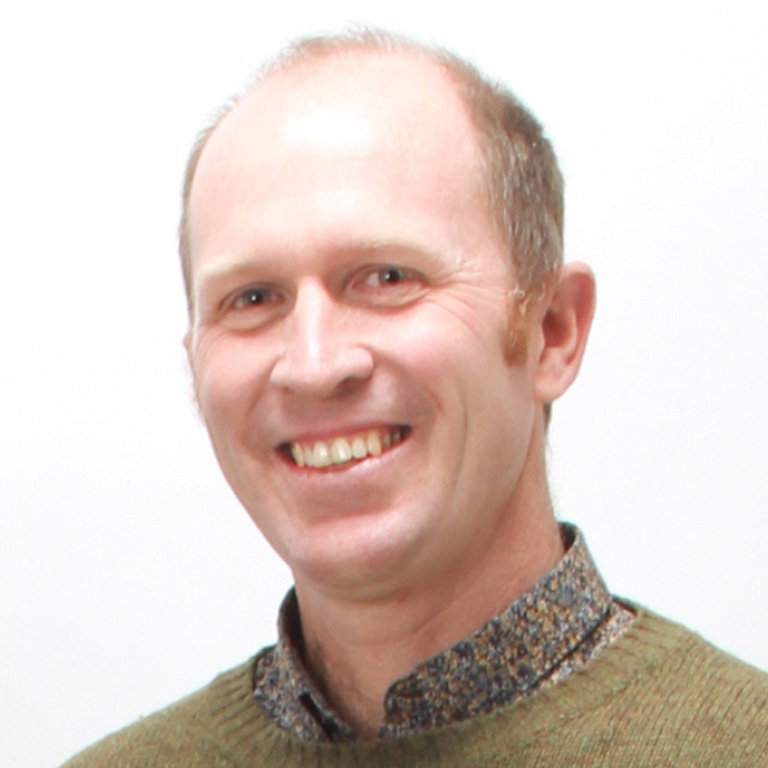Originally, in 1928, the Archive of American Folk-Song in the Music Division of the Library of Congress originally set out to record and preserve American folk music. Over time, its efforts progressed to include folklore, verbal arts, and oral history. The collections of the Archive became especially important to the public after World War II, during the folk music revival of the 1950s and ‘60s. This prompted the U.S. Congress to create the American Folklife Center in 1976, “to ‘preserve and present American folklife’ through programs of research, documentation, archival preservation, reference service, live performance, exhibitions, publications, training.”
John Fenn, Ph.D. 2004

 The College of Arts
The College of Arts